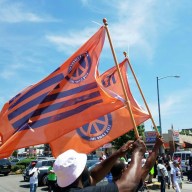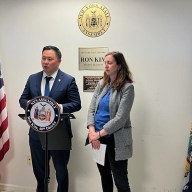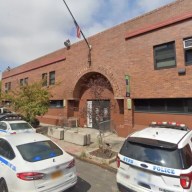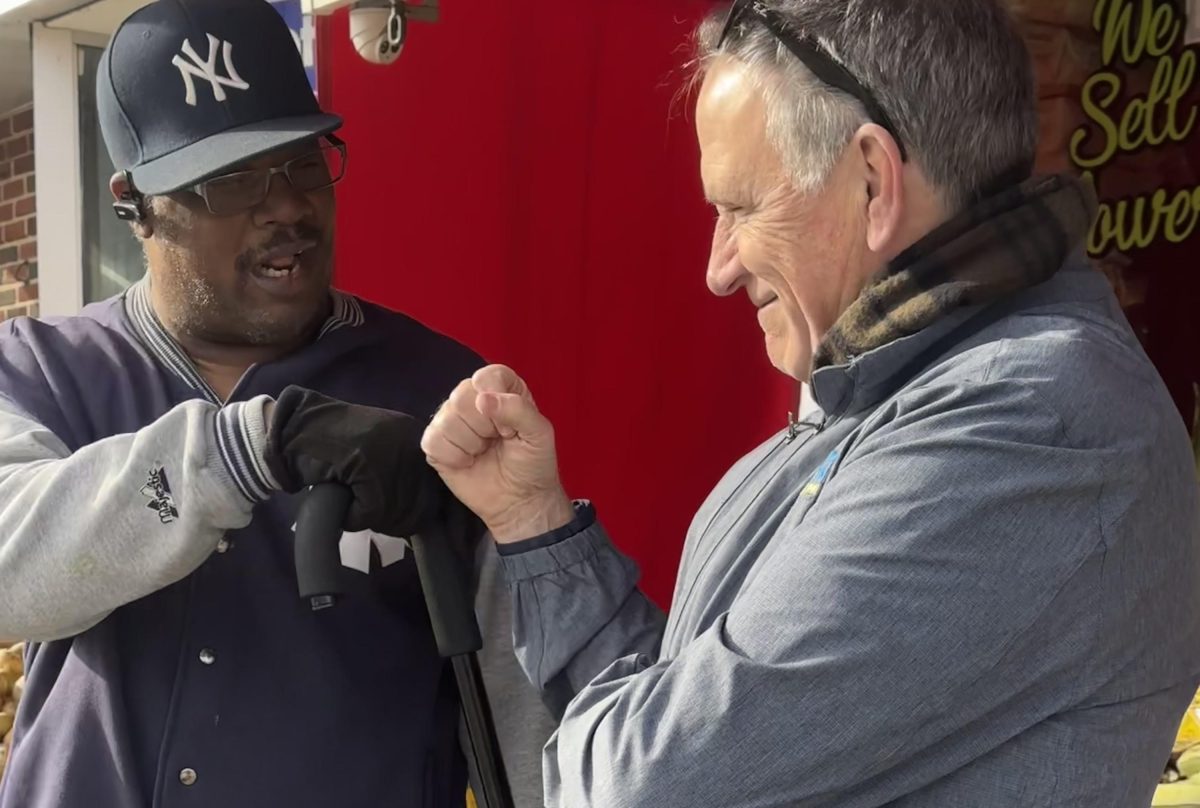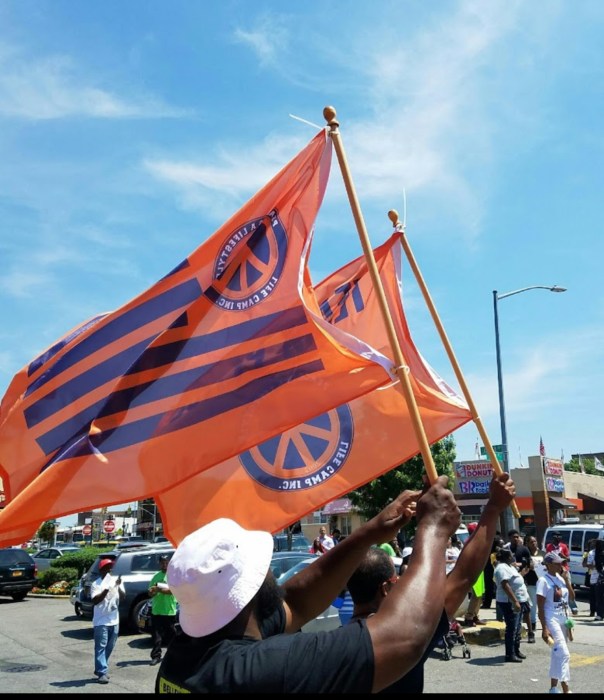Like pigeons on a telephone line, there they are – the commuters – lined up at the bus stop, waiting.
They wait often wondering when their bus will arrive. Sure, there are arrival times posted at the stop, but oftentimes those are meaningless because the buses do not often come when the schedule says they should.
This is one of the concerns of Councilmember John Liu, who chairs the City Council transportation committee, who is pushing to have the MTA install Global Positioning Systems (GPS) on its buses.
“This is a spectacular display of incompetence,” Liu said during a recent City Council hearing, wanting to find out why the authority MTA has not installed these devices.
GPS would allow the MTA to track its buses with greater accuracy and relay this information to the individual bus stops. The system would also allow patrons to track buses on the MTA’s website.
Shomi Joo, a student as St. John’s University who lives in Flushing, rides the Q31 regularly, and is unsatisfied with the MTA’s performance. She said she spends as much time waiting for the bus as she does actually riding it.
“It may take me 15 minutes to get somewhere, but I’ll be waiting [for the bus] for almost an hour,” Joo said.
Another rider, Ann Kazokas, has been using the transit system for nearly 50 years, and thinks the GPS is a great idea.
“I don’t like waiting outside when the weather is cold,” she said.
Other riders said that they believe the buses are reliable now, so installing the GPS would not be worth the investment.
“[GPS] would be a waste of money,” said Dean Suopellite. “They should stick with the paper schedules.”
Robert Walsh, general superintendent for the MTA’s department of buses, said at the hearing that failed contracts are the reason why GPS has yet to be installed on city buses.
The first contract was with Orbital Sciences Corporation in 1996. Problems arose when OSC failed to provide signs at bus shelters that depicted current arrival times, according to the MTA.
Then, MTA signed a contract with Transportation Management Solutions. This vendor was unable to provide reliable service. The contract was terminated in 2001. In 2005, a new contract was signed with Continental Inc. Once again, service was unsatisfactory.
Walsh acknowledged that there are other bus systems capable of providing riders with GPS services, but that New York City has the most challenging environmental and operating conditions like extreme traffic congestion. In addition, the extreme density of tall buildings can block GPS signals.
Meanwhile, Liu was outraged the MTA is not currently seeking contracts or solutions to these issues.
“The MTA must get on board now!”






